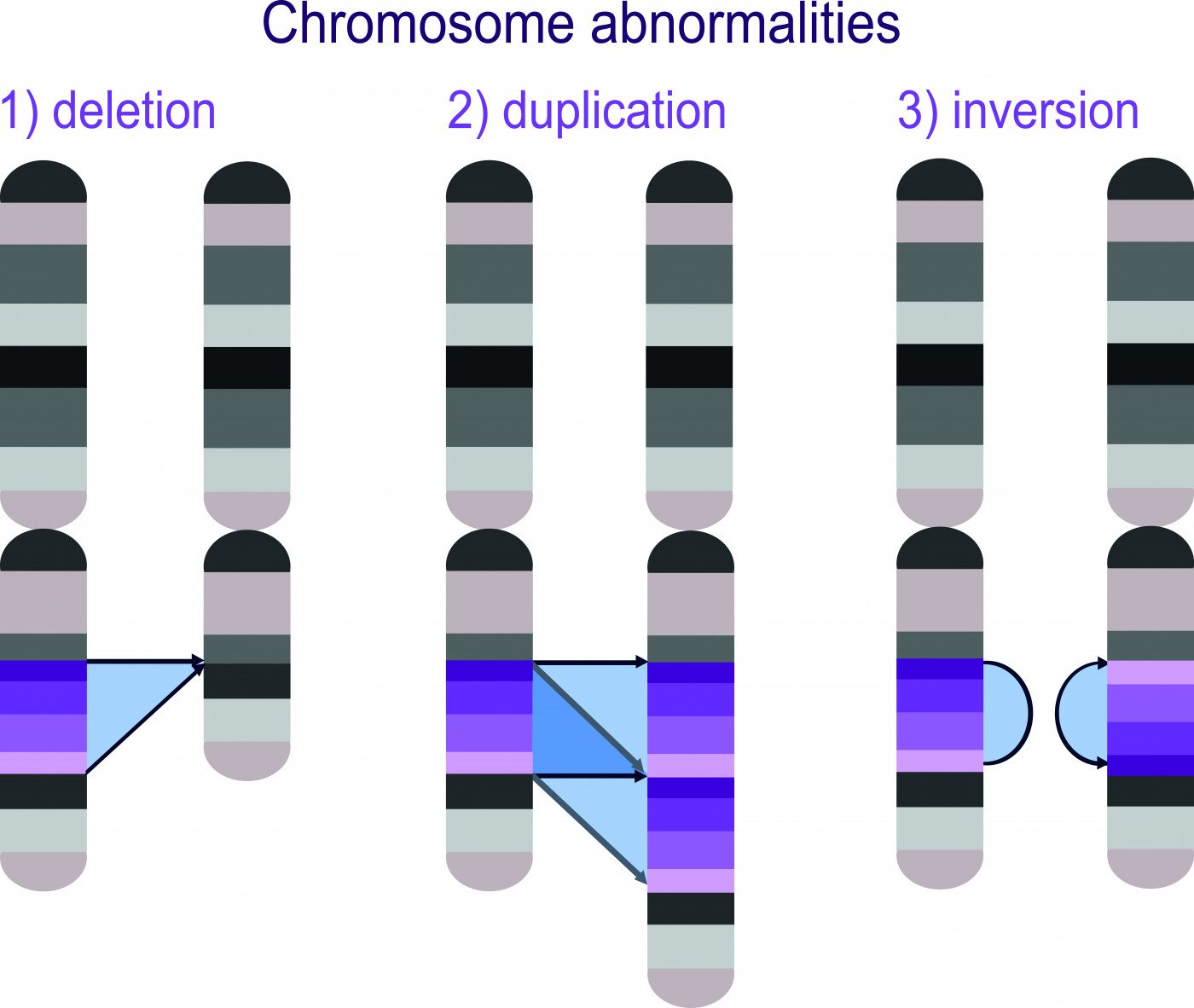Revised Panorama Prenatal Test More Accurately Identifies Angelman Syndrome and Other Genetic Disorders, Study Shows

A new, revised protocol of the non-invasive prenatal test (NIPT) Panorama identifies genetic abnormalities underlying Angelman and four other syndromes with higher accuracy and efficiency than the original test, a study found.
The study, “Clinical Experience with a Single-Nucleotide Polymorphism-Based Noninvasive Prenatal Test for Five Clinically Significant Microdeletions,” was published in the journal Clinical Genetics.
Researchers performed a retrospective analysis and assessed the performance of Natera’s Panorama test, which uses a simple blood draw from the mother’s arm to determine the baby’s risk for genetic disorders. The test analyzes the baby’s (placental) DNA and can be performed as early as nine weeks of gestation.
The study analyzed fetal chromosome abnormalities involved in the 22q11.2 deletion syndrome (a disorder caused by the deletion of a small piece of chromosome 22) and four other syndromes – Angelman, 1p36, cri-du-chat (cat’s cry), and Prader-Willi.
Microdeletions, which occur when small pieces of DNA are missing from a chromosome, were one of the abnormalities analyzed. These microdeletions can severely impact health.
Researchers compared the original Panorama screening protocol to a new, revised protocol, designed to reduce the number of false positives. A total of 80,449 referrals were received for assessing microdeletions during this study. Out of this pool, 42,326 referrals were assessed for those underlying Angelman, cri-du-chat, Prader-Willi, and 1p36 syndromes.
The revised protocol showed improved performance. While the predictive value of the original test was 5.2 percent for the other four disorders combined (including Angelman syndrome), this value increased to 31.7 percent with the revised protocol. The increase in accuracy and sensitivity was also observed for the 22q11.2 deletion syndrome, from 15.7 percent to 44.2 percent.
In parallel, the rate for false positives was also reduced with the new protocol: A decrease from 0.33 percent to 0.07 percent for 22q11.2 deletion syndrome, and from 0.56 percent to 0.07 percent for the other four disorders combined.
“Minimal prevalences were estimated to be 1 in 1,255 for 22q11.2 deletion syndrome and 1 in 1,464 for 1p36, cri-du-chat, and Angelman syndromes combined,” researchers wrote.
“This large, population-based cohort study establishes that these important microdeletions are relatively common, and the superior performance of a SNP (single-nucleotide polymorphism)-based NIPT has been further improved by the revised protocol aimed at fewer false positives,” Kimberly Martin, MD, senior medical director of Natera and study lead author, said in a press release. “The positive predictive values and low false positive rates achieved in this study build upon previous clinical research that supports the use of Panorama as a first-line screen in the general population.”
“Not only does this SNP-based NIPT allow us to screen for whole chromosome imbalances more effectively than was previously possible, but it also allows us to now screen for additional clinically important disorders,” said study author Peter Benn, PhD, professor of Genetics and Genome Sciences and Director of the Diagnostic Human Genetics Laboratories at the University of Connecticut Health Center. “This is a major advance in prenatal screening. Women with high-risk pregnancies can be referred for full diagnostic testing. Early diagnosis can facilitate delivery and treatment at a tertiary care center, and can help reduce morbidity.”






